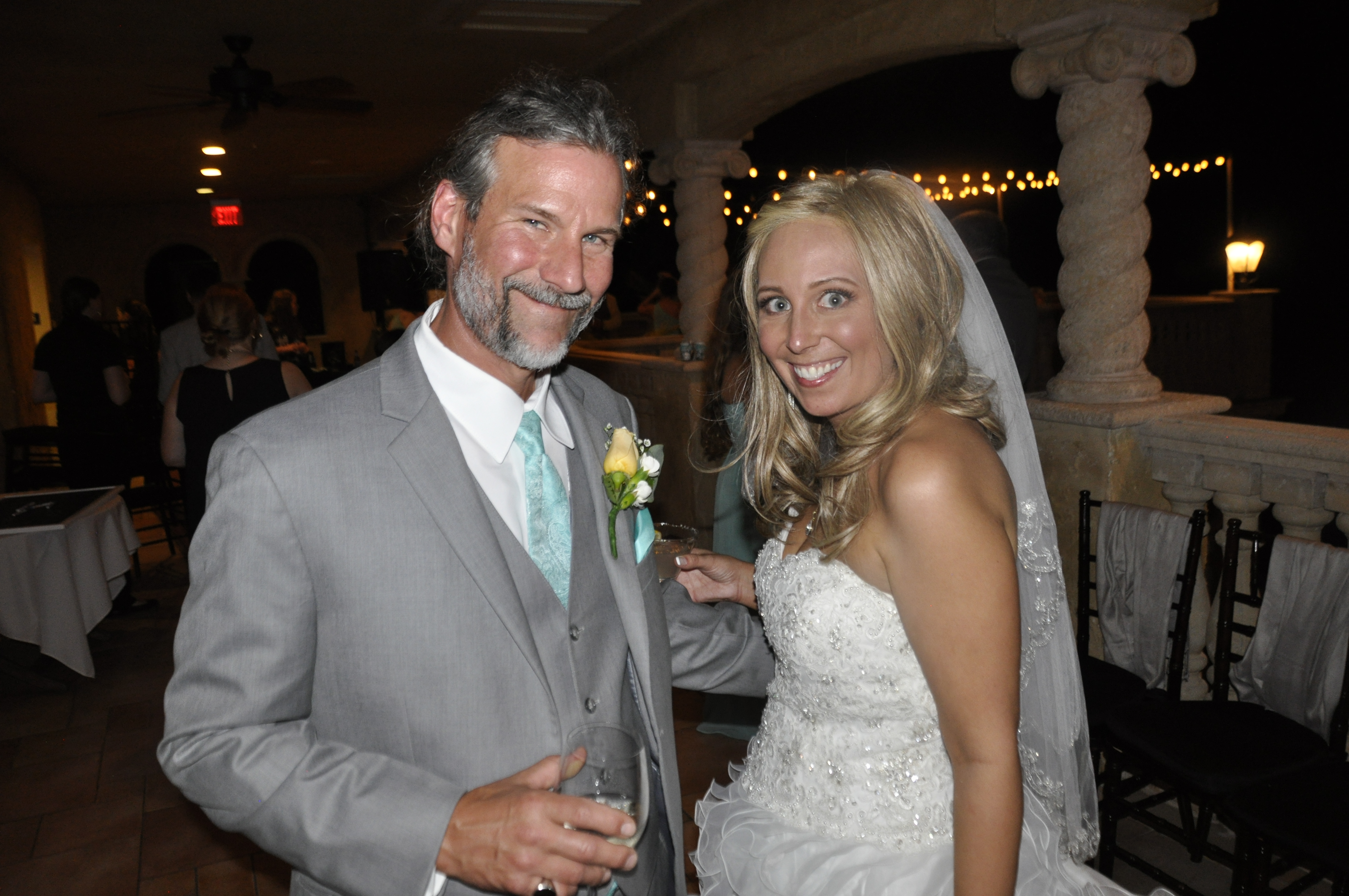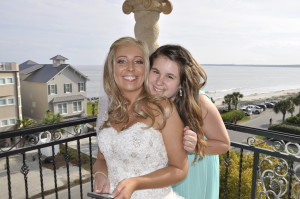
|
“I didn’t want anyone to know what I thought I had done to myself.” Four years ago, my body sent me a terrifying message that something was horribly wrong. My head started throbbing, my depth perception was suddenly gone, and I couldn’t see anything but swirly colors. Then I started vomiting. My mom rushed me to an emergency room, where I had checked in before with lesser headaches. But this was the first time I’d been with her in tow and she insisted they do an MRI. That’s how I learned I had stage 4 lung cancer that had metastasized to my brain. Once reality set in, embarrassment and guilt took root as I flashed back to my college days. I’d never so much as bought a pack of cigarettes—but a few times a month I’d sneak into a bar with friends and one of them would offer me a smoke. If anyone found out, I was convinced they’d think my getting cancer was fair punishment. My plan was to hide the truth from nearly everyone, but I was on so many drugs after coming out of brain surgery to remove a tumor that I didn’t do a good job of explaining that to my mom. She told a friend of hers right away, and that person posted on Facebook that she was praying for me. I gasped when I read those words, logged off and handed my phone to my best friend, along with instructions to tell anyone who asked that I had cancer but not reveal what kind. Most important, I was determined to keep the details from my then 7-year-old daughter. I made her father (my ex-husband) swear he would never tell her what type of cancer I had died from. In my twisted logic, I thought she would believe I cared more about partying in college than I did about anything in my future, including her. What finally changed my mind-set was talking to my doctor. He said, “Samantha, you could have smoked a pack a day for 30 years and you wouldn’t have gotten this type of cancer.” It turns out I have a mutation to a gene (called epidermal growth factor receptor, or EGFR) that put me at risk for lung cancer. Maybe I wasn’t to blame after all. I still couldn’t talk about what was going on without sobbing, but I decided to break my silence by blogging. Two months later, after I knew more about my treatment plan, I sat down with my daughter and said, “I can’t promise I will survive this, but I promise to never give up.” And I don’t break promises. I had four rounds of chest radiation but I continue to take a targeted pill therapy daily. My doctors tell me I’ll keep taking that “chemo pill” until it stops working and we have to try something new. Meanwhile, I’m determined to make everyone aware that if you have lungs, you can get lung cancer—and we need more funding to fight it. To that end, I’ve been working with an initiative called Lung Force to spread the word. Most people don’t know that lung cancer is the number one cancer killer of women and that new cases (even for nonsmokers) and deaths from the disease for women are on the rise. No one deserves this cancer, and survivors shouldn’t be ashamed to share their story. My daughter is now 11, and my biggest advocate. Recently, her teachers told everyone to wear pink for Breast Cancer Awareness Day at her school. When she wore white instead, the principal approached her and wanted to know why. Her answer: “My mom has lung cancer, and we don’t have Lung Cancer Awareness Day—but we should.” http://www.familycircle.com/health/concerns/cancer/keeping-a-cancer-diagnosis-a-secret/ Samantha married Brent Thompson on March 19, 2016 at the Ocean Lodge on St. Simons Island, Georgia. |
Awareness • Early Detection • Treatment • Research • Survivorship

